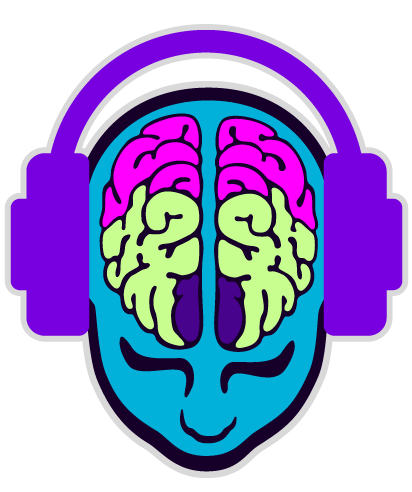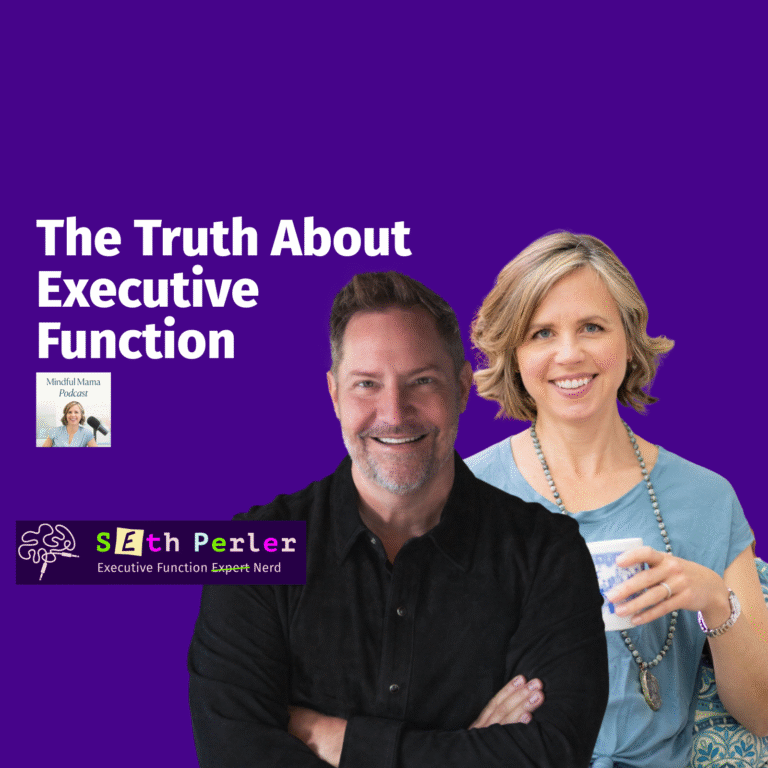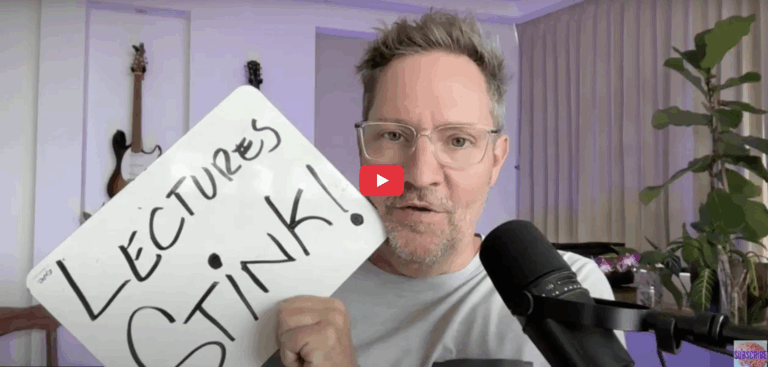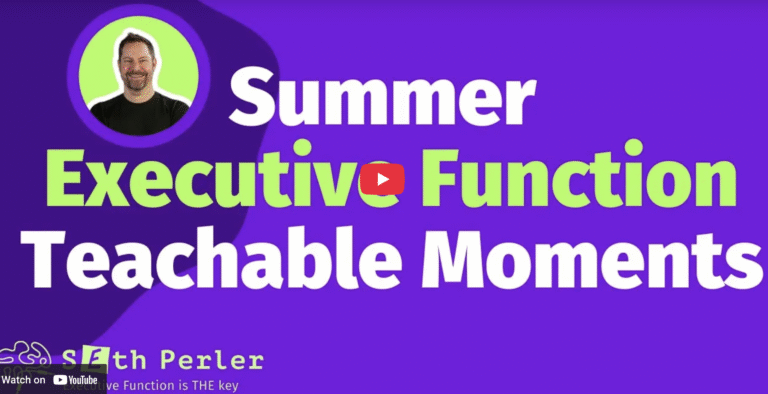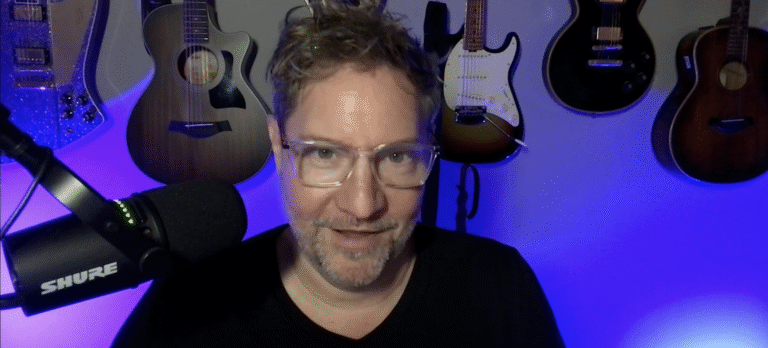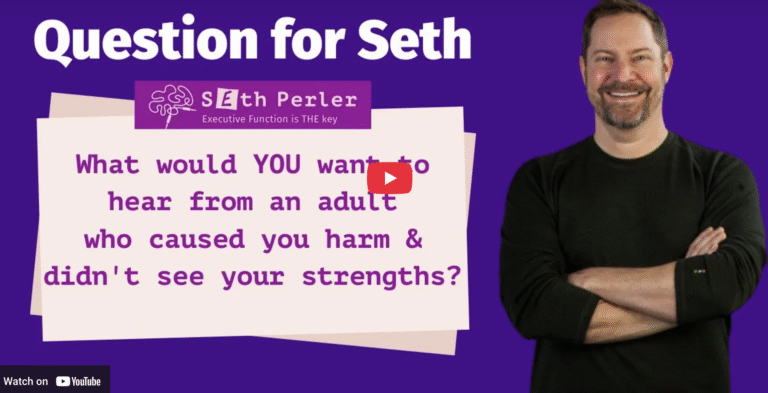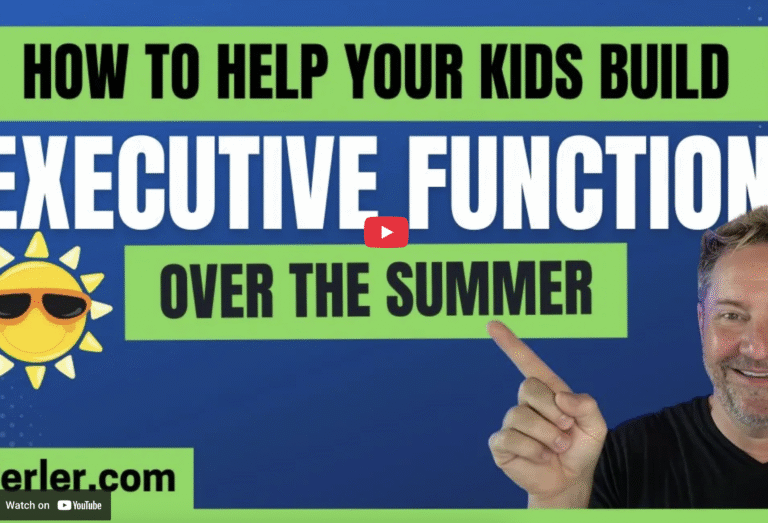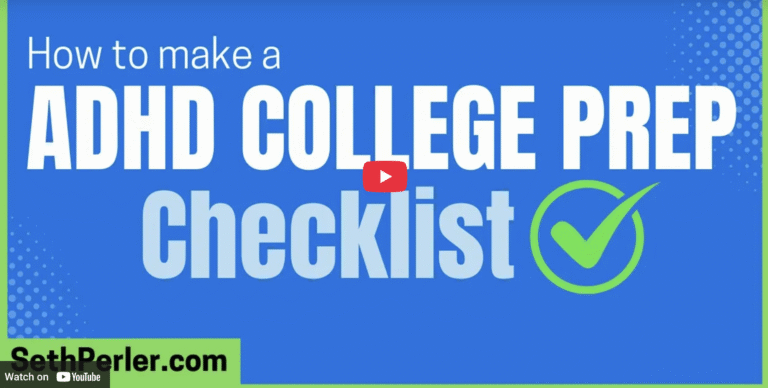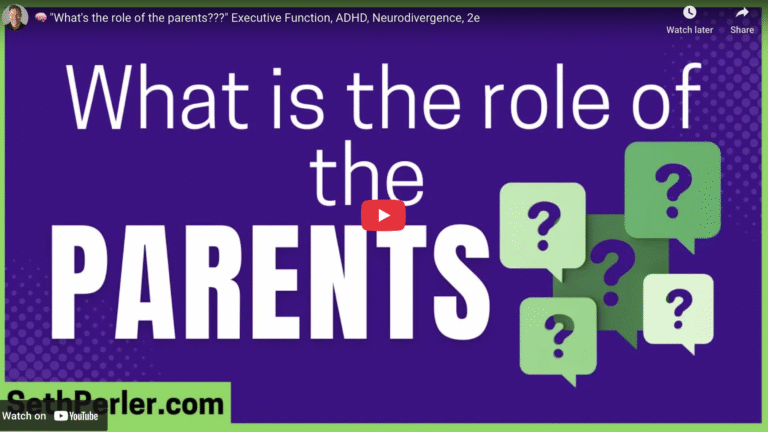How Google can help you get stuff done
Students (parents and teachers) here I have some great tips for you, especially if you tend to have a lot of missing work and feel overwhelmed by school. You’ll need a gmail account. I will show you how to make school a bit easier to manage so you have more
